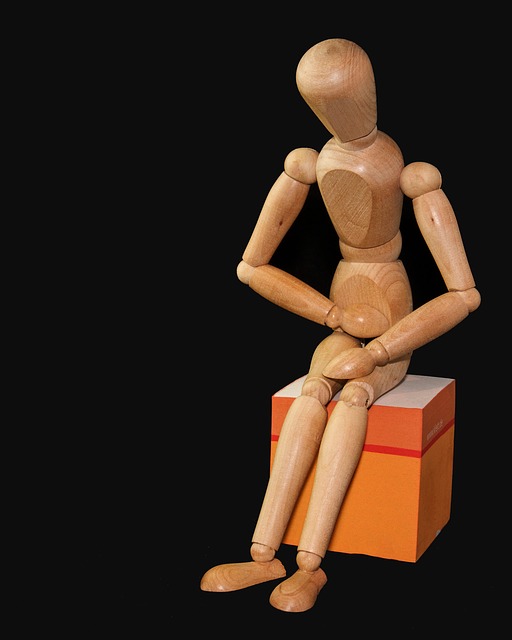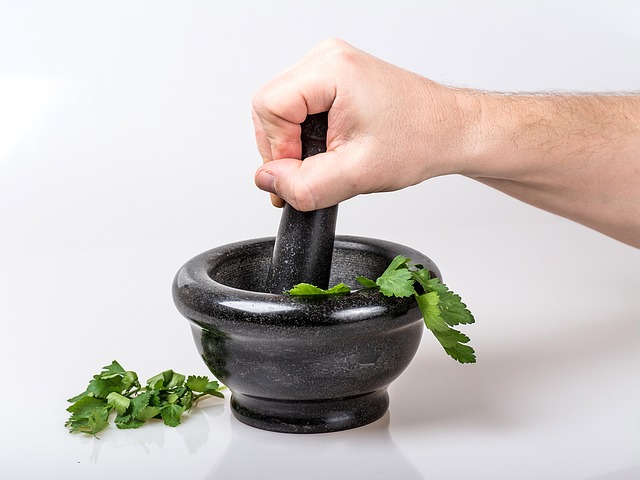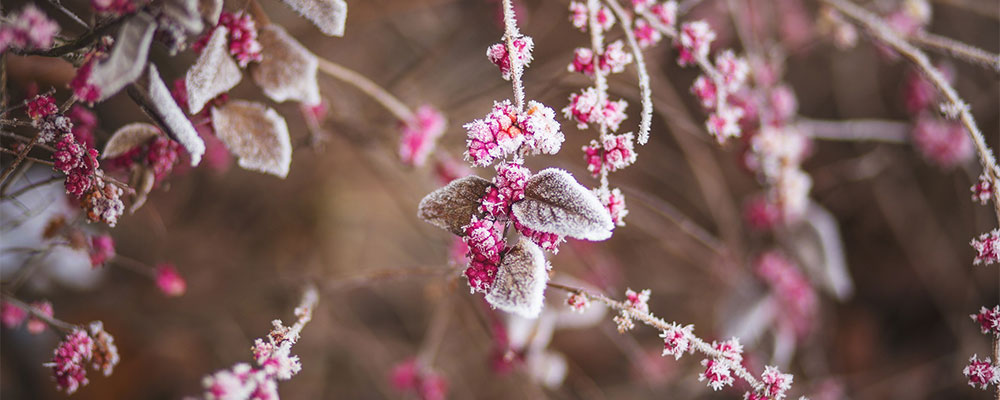- La Palma Acupuncture Wellness5451 La Palma Ave. #18
La Palma, CA 90623(714) 592-3126 Clinic Hours
Mon7AM - 4PMTue7AM - 4PMWed7AM - 4PMThu7AM - 4PMFri7AM - 4PMWe accept extended appointment after the clinic hour.
Please call to find your convenient time and day availability.
Traditional Chinese Medicine
IBS: Relief with Traditional Chinese Medicine
 Irritable Bowel Syndrome, otherwise known as “spastic colon,” is a common disorder that affects the colon and causes many disruptive symptoms. Many of these symptoms can be managed with a simple change in diet and lifestyle. Chinese herbal medicine and acupuncture may be able to help. continue reading
Irritable Bowel Syndrome, otherwise known as “spastic colon,” is a common disorder that affects the colon and causes many disruptive symptoms. Many of these symptoms can be managed with a simple change in diet and lifestyle. Chinese herbal medicine and acupuncture may be able to help. continue reading
All About Moxibustion
Traditional Chinese Medicine is a medical system that incorporates numerous methods for treating disease and illness. One of the tools found in the toolbox of the TCM practitioner is known as moxibustion.

Moxibustion is a technique that involves the burning of mugwort, known as moxa, which is an herb that facilitates healing. The purpose of moxibustion is to stimulate the flow of Qi (pronounced “chee”), strengthen the blood and maintain general health. Qi is translated as life energy. There are two types of moxibustion, direct and indirect. Direct moxibustion uses moxa shaped into a small cone and is placed on top of an acupuncture point and burned. This type of moxibustion has two subcategories, scarring and non-scarring. Scarring moxa burns until it distinguishes on its own. This may lead to localized scarring and blisters. Non-scarring moxa allows for the moxa to be placed on the acupuncture point, lit, extinguished and removed before it burns the skin. continue reading
Heart Afire: The Fire Element
The organs in Chinese medicine are more than just a physical representation. The organs include not only their physiological function, but also their mental, emotional, spiritual and elemental qualities that align with nature and the seasons. Let’s explore the heart.
The heart season is summer, and heart is considered the most yang: hot, bountiful and abundant. Yang is what is bright, moving, outward, hot and loud. Yin is what is more inward, still, dark and cooler. The color of the heart is associated with red, the climate is heat, the flavor is bitter and it’s paired organ is the small intestine (many urinary issues are due to “heart fire” heat descending). The sense aligned with heart is the tongue, and the vessels associated with heart are the tissues. The heart sound is laughing, and the emotion is joy. The heart houses what is known as the shen, which is the mind and spirit. continue reading
Valentine’s Day, TCM and Heart Health
 Every February men all over the world flock to the local flower shops and jewelry stores in search of the perfect bouquet or piece of jewelry to express their undying love to their significant other. Why? Nobody knows for certain, but there are at least a couple of theories.
Every February men all over the world flock to the local flower shops and jewelry stores in search of the perfect bouquet or piece of jewelry to express their undying love to their significant other. Why? Nobody knows for certain, but there are at least a couple of theories.
One theory is a Catholic priest, Valentine, was imprisoned for helping Christians escape Roman prisons. While he imprisoned himself, Valentine fell in love with a young girl who visited him. Allegedly, before his death, Valentine wrote a letter and signed it, “From your Valentine.” Thus, the first Valentine’s Day card was created, or so it is reported. continue reading
Going Deeper: The Kidneys
The organs in Chinese medicine are more than just a physical representation. The organs include not only their physiological function, but also mental, emotional, spiritual and elemental qualities that align with nature and the seasons. Let’s explore the kidneys.

The kidney element in Chinese medicine governs water and is associated with the season of winter, where the energies are turning from the hotter yang months to the more yin of winter. Each organ has an element associated with it: liver and wood, stomach and earth, kidney and water, for example. There is also an emotion, a color and flavor associated with the organ system. For the kidneys, the emotion is fear, the color is dark or black and the flavor is salty. It also opens to the ear, has the direction of north and is paired with the bladder. The kidney element houses willpower and manifests in the teeth and luster of the hair. continue reading